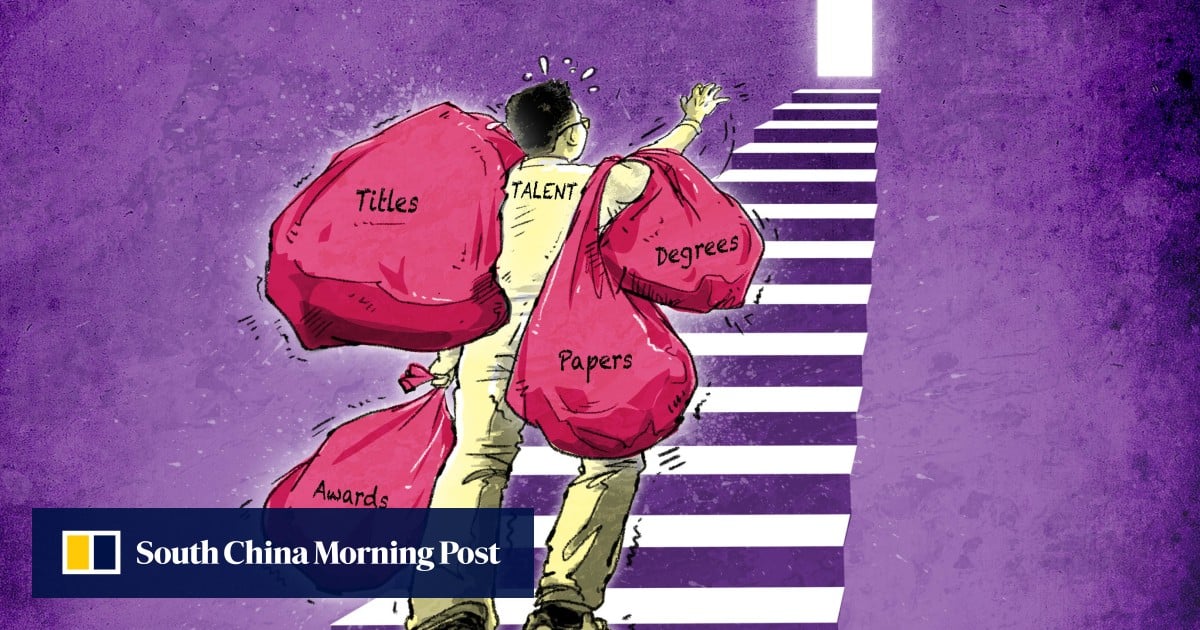
When artificial intelligence (AI) researcher Shen left a lucrative job at a major tech firm three years ago to pursue his passion for research, he was unaware of the reality waiting for him in academia.
Advertisement
Now, as an associate professor at an elite university in eastern China, Shen spends less than a third of his time on actual research, as other duties such as supervising student projects, keep cutting into time for his own projects.
“I had expected connections and reputation to matter,” said Shen, whose grant applications have repeatedly fallen through. “But they turned out to be even more important than I thought.”
“To pursue truly original ideas, you need to invest a huge amount of time and effort,” he said, declining to be identified by his full name. “But because of these practical constraints, I don’t really dare to go all in.”
Advertisement
Shen’s frustrations reflect a deeper concern.
While China’s innovation and self-reliance drive has shifted into high gear with tech competition with the United States, real progress could be stifled by a flawed talent system that often rewards prestige over originality. It is an issue that central authorities and experts have repeatedly warned must be addressed before it threatens the country’s hard-won competitive edge.

